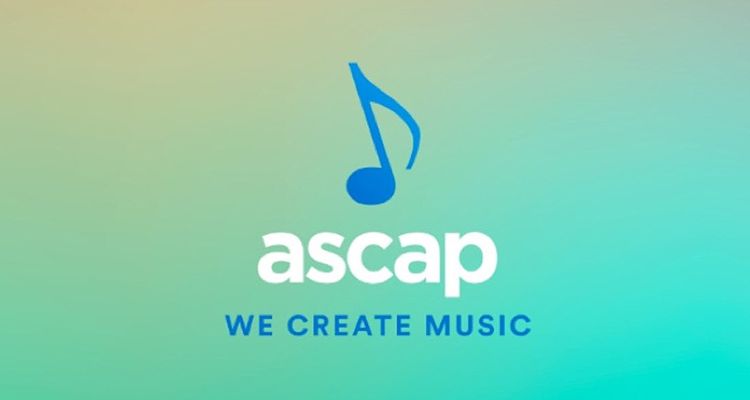
ASCAP Takes Strong Stance on AI: Demands Copyright Protection and Rejects Compulsory Licensing
The American Society of Composers, Authors, and Publishers (ASCAP) has submitted comprehensive feedback to the Copyright Office regarding artificial intelligence, focusing on copyright protection and AI model training regulations.

ASCAP logo with musical note
Key Points from ASCAP's Submission:
- Voluntary Licensing Preference
- Advocates for voluntary collective licensing over compulsory licensing
- Emphasizes the need for rightsholder consent before AI training
- Opposes government-mandated rates for AI usage
- Copyright Protection Recommendations
- Calls for creation of a federal right of publicity
- Requests AI developers maintain records of copyrighted material
- Opposes "opt-out" models for content removal
- Transparency Requirements
- Demands clear documentation of works used in AI development
- Supports holding data aggregators accountable for facilitating infringement
- Emphasizes need for proper creator compensation
ASCAP's Six AI Principles focus on:
- Prioritizing human creators
- Ensuring proper credit and compensation
- Maintaining transparency in AI usage
- Protecting creators' rights
The organization specifically warns against compulsory licensing, citing historical inefficiencies that have led to:
- Price suppression
- Extended litigation periods
- Payment delays to creators
ASCAP urges the Copyright Office to establish clear guidelines requiring AI platforms to obtain explicit permission from rightsholders before using copyrighted materials, supporting a free market approach with willing buyer and seller standards.
This submission reflects ASCAP's commitment to protecting creator rights while acknowledging AI's role in the music industry's future, emphasizing the need for balanced regulation that benefits both technology advancement and artistic creation.